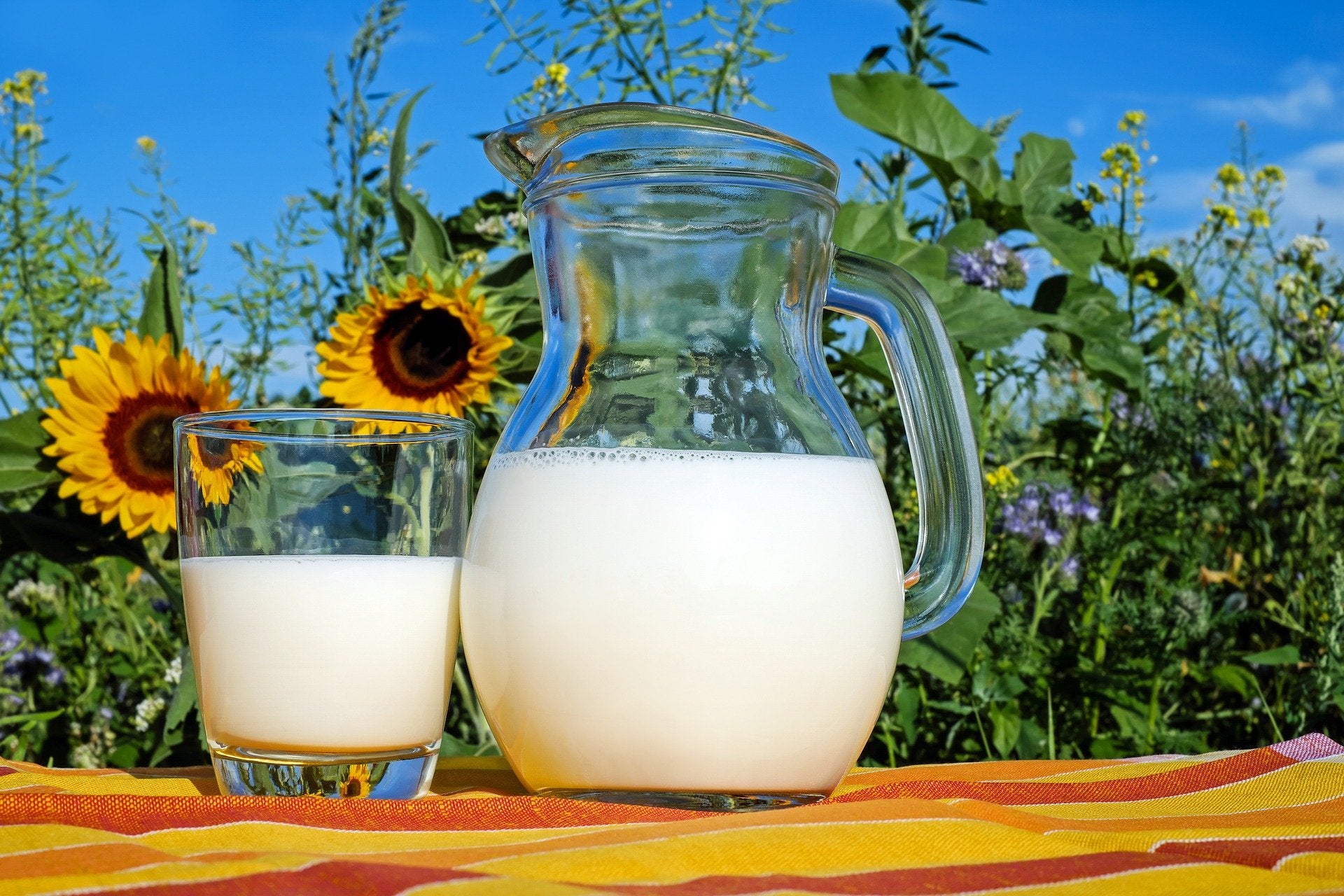Dairy in your diet – good or bad? Here at Nourish’d we believe that every person should consume what is right for them. No food is necessarily good or bad (except additives like preservatives and refined sugars – that’s where we draw the line). So, when it comes to dairy, how do we know if we should be eating a lot or eating a little? Let’s break it down for you.
The Benefits of Dairy Consumption
To begin, the Australian Dietary Guidelines recommends a higher intake of dairy products for most age groups, including children, due to the high nutrient density dairy foods contain. Vitamin B12, vitamin A, zinc, magnesium, potassium, protein and calcium are all present in dairy products which may help to support:
- Immune system and healthy blood functions;
- Muscle and nerve function;
- Energy and growth; and
- Body repair.
In saying this, good quality dairy products are the way to go if you want to reap the benefits of dairy. Unflavoured milk, yogurt and cheese can be part of a balanced diet. It is important to read the ingredients of these products as some may contain added flavours, colours and preservatives which can decrease the nutritional benefit of these foods. Ghee is a great way to consume dairy without the nasties – read the benefits of this all natural dairy product here.
So, if you love dairy and want to consume it in a healthier way simply read ingredients, choose high quality dairy products and consume with a range of healthy proteins and vegetables. At Nourish’d we have a large range of meals that include good sources of dairy including our Greek Briami, Vegetable Alfredo and Cauliflower Mac & Cheese.
When Should I Try A Dairy Free Diet?
Now, here’s the kicker. Dairy can be an issue for some individuals – especially when intolerances and allergies are concerned. This is when a dairy free diet should be considered. Generally, individuals know when dairy isn’t for them as you may feel sick when eating cheese, milk or yogurt. However, there are other symptoms of dairy consumption that could be causing you grief. These may include:
- Adult acne due to an increased consumption of more sophisticated sources of dairy;
- Aged cheeses can cause headaches or migraines if you are heavily prone;
- Increased inflammation in the gut;
- Bloating, diarrhoea and constipation; and
- Mood swings due to the ingestion of hormones from the dairy source.
These symptoms will vary from person to person and may only occur when eating specific dairy sources in larger amounts. This is why it can be great to try meals with and without dairy and see what feels right to you!
How can Nourish’d help?
To see if a dairy free diet works for your lifestyle check out our ‘Dairy Free’ Nourish’d meals. Customer favourites include Chicken Caesar Salad, Beef Cheek Ragu with Cauliflower Mash and Cilantro & Leek Pork Belly. View our full dairy free menu by clicking the ‘Dairy Free’ filter. If you have any questions regarding our dairy free meals please contact [email protected] or call 07 3051 0430 to speak to our friendly team.
Please seek individual advice from your doctor to address your specific needs.



